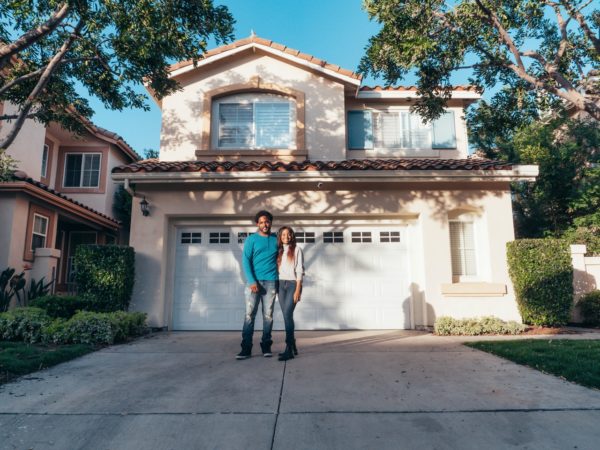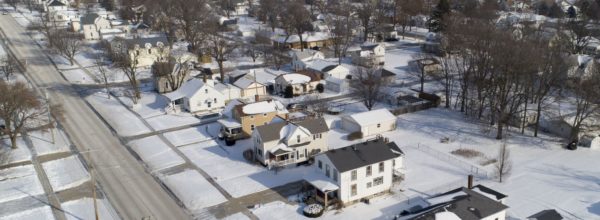By Yalman Onaran
Black borrowers pay $13,464 more over the life of a home loan, with interest, mortgage-insurance and tax expenses higher than for their white counterparts, further hurting African Americans’ ability to save for retirement, according to a new study.

The biggest reason for the gap is the risk-based pricing found in most U.S. mortgages, which disadvantage Black borrowers because they tend to make smaller down payments and have lower credit scores, said the report’s authors, who include Ed Golding, former head of the Federal Housing Administration. The lower down payment also results in more Black homeowners paying mortgage insurance, the researchers found.
The study intentionally didn’t control for factors such as income disparities to show the difficulties Black people face due to historical disadvantages, said Golding, who now teaches at the Massachusetts Institute of Technology. Risk-based pricing in mortgage lending — overwhelmingly backed by government-sponsored housing-finance agencies — is a policy choice that can be changed if lawmakers want to help close the gap in Black-White homeownership, he said.
“Let’s own the entire difference — it’s really expensive to be poor in this country,” Golding said in an interview. “Risk-based pricing is a relatively new phenomenon, of the last 20 years. If we can pass laws to disallow risk-based pricing in health care, forcing insurers to take on people with existing conditions, we can do it in housing finance too.”

While lower down payments and credit scores also tend to lock Black homeowners out of refinancing opportunities when interest rates fall, African Americans don’t benefit from being at lower risk of prepayment, “which also costs the lenders money,” Golding said.
Even though FHA-backed mortgages don’t use risk-based pricing, Black homeowners still pay more for those loans because some of the banks originating them add on a so-called servicing-risk premium, arguing more resources are needed to deal with missed payments or defaults, according to Golding.
Higher mortgage expenses result in $67,320 in lost retirement savings for African Americans, inequities which “make it impossible for Black households to build housing wealth at the same rate as White households,” according to the study, which referred to the extra costs as a “Black tax” on homeownership.
For more articles like this, please visit us at bloomberg.com.




